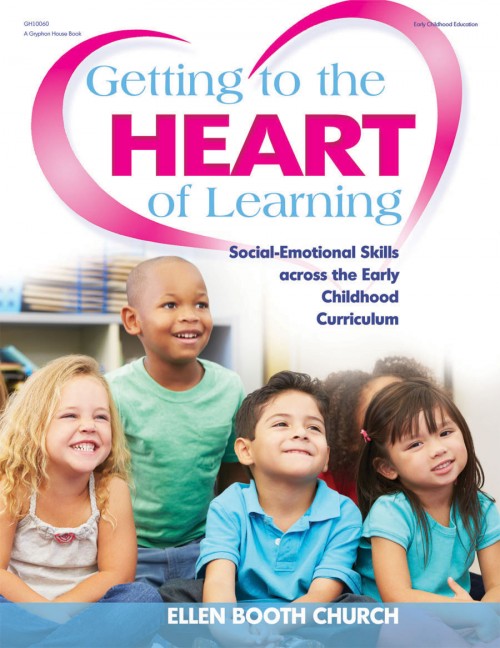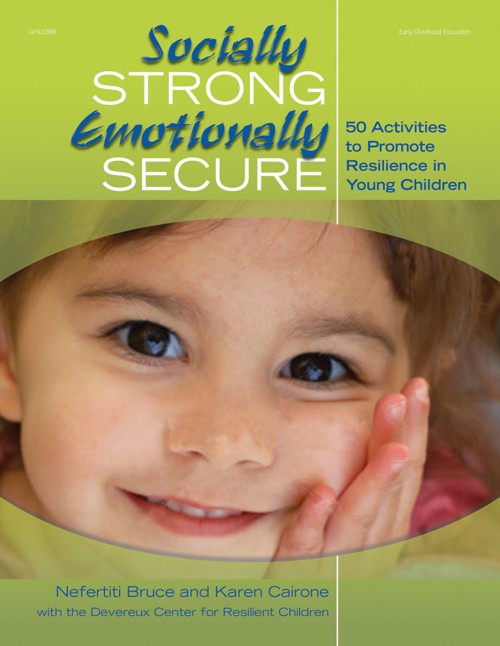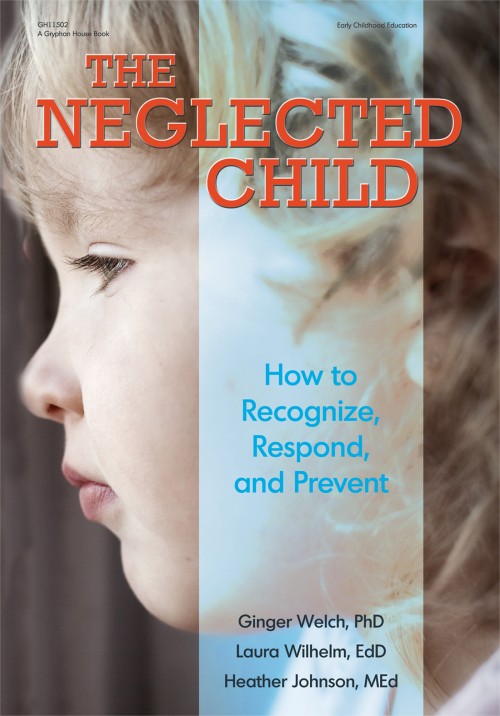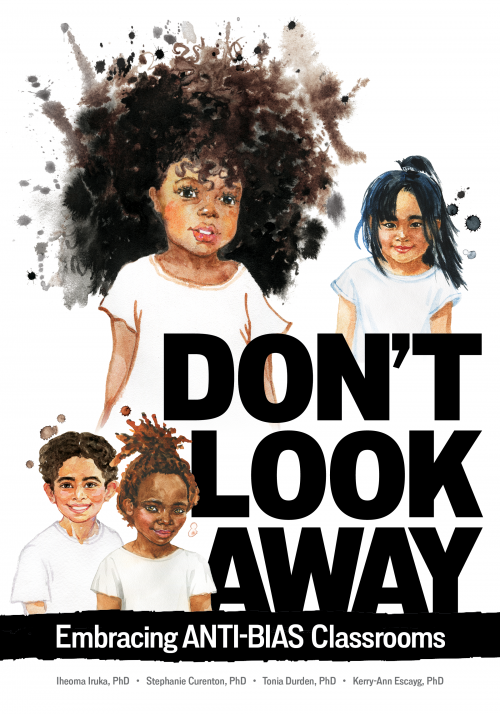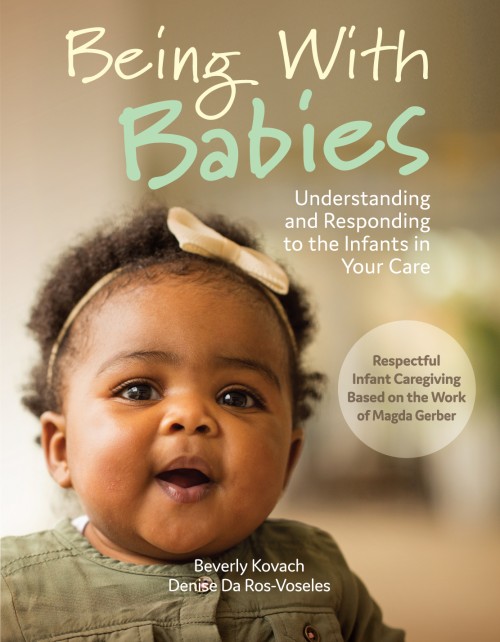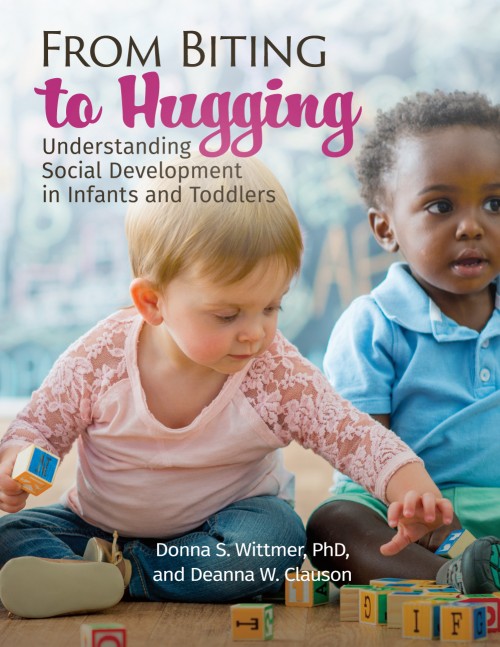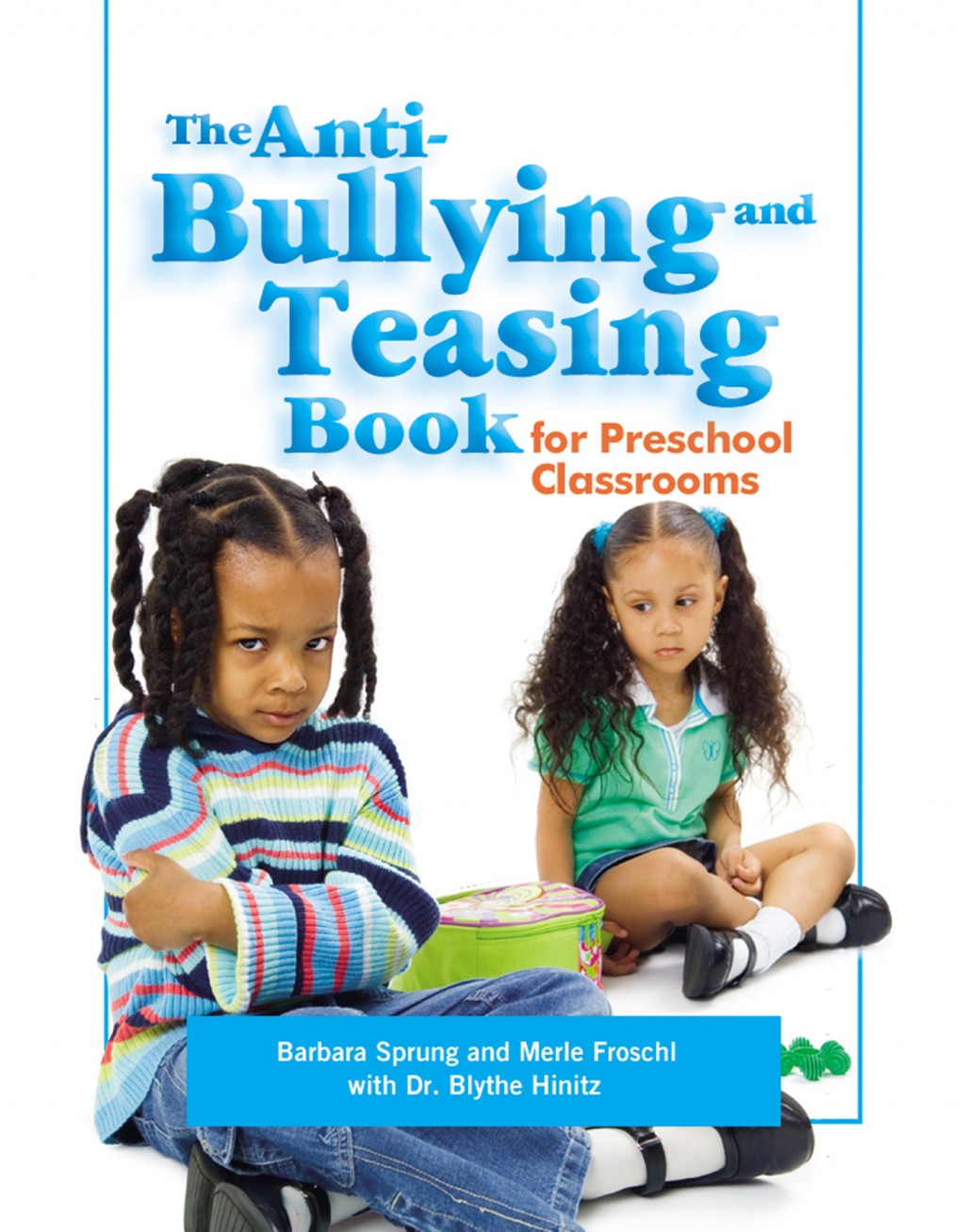Books to Promote Healing & Essential Social-Emotional Skills
July 20th, 2022 | 2 min. read
By Ann Berry
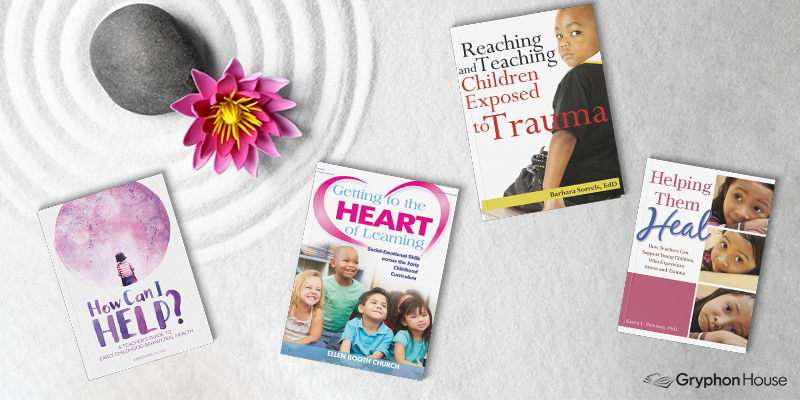
As early childhood educators, you play a key role in directing children's development, and in teaching them the skills that are necessary for them to navigate through life successfully. Children grow, discover, and learn best when they develop essential social-emotional skills like resilience, self-regulation, and self-competence early in life. In this list, you will find resources to help you foster the social and emotional development of young children.
Reaching and Teaching Children Exposed to Trauma
In Reaching and Teaching Children Exposed to Trauma, you will find the tools and strategies to connect with harmed children and start them on the path to healing.
Helping Them Heal
How Teachers Can Support Young Children Who Experience Stress and Trauma
Helping Them Heal explains how trauma affects the developing brain, how those changes can manifest in the classroom, and what teachers and caregivers can do to help a stressed, abused, or neglected child. Helping Them Heal provides early childhood educators with answers, ideas, and specific classroom strategies to move trauma-affected children in positive directions.
How Can I Help?
A Teacher’s Guide to Early Childhood Behavioral Health
How Can I Help? is a practical guide that helps educators first identify issues and then create nurturing, safe, and successful learning environments to set up all children for success.
Getting to the Heart of Learning
Social-Emotional Skills across the Early Childhood Curriculum
Through the activities in Getting to the Heart of Learning, Ellen Booth Church shows teachers and caregivers how easy it is to foster children’s sense of curiosity through group explorations that promote social connection and positive development. With step-by-step instructions, Getting to the Heart of Learning weaves social-emotional learning into activities that support math, science, literacy, and motor skills
Socially Strong, Emotionally Secure
50 Activities to Promote Resilience in Young Children
The strategies and activities in Socially Strong, Emotionally Secure help children become socially and emotionally healthy for life. Organized into five chapters, the activities support and build resilience in children ages 3 to 8.
The Neglected Child
How to Recognize, Respond, and Prevent
The Neglected Child provides everything educators and caregivers need to know to identify and intervene in neglectful situations, while also creating a safe, nurturing, and protective environment for young children. From defining the different types and levels of severity of neglect to establishing suspicion and reporting neglectful situations, this book is filled with helpful information from expert psychologists and educators in the field today.
Don’t Look Away
Embracing Anti-Bias Classrooms
Don’t Look Away: Embracing Anti-Bias Classrooms leads early childhood professionals to explore and address issues of bias, equity, low expectations, and family engagement to ensure culturally responsive experiences.
Being with Babies
Understanding and Responding to the Infants in Your Care
Being with Babies teaches caregivers how to handle everyday challenges while learning about developmental stages. This hands-on resource is perfect for caregivers of children 6 weeks to 18 months old, as well as for staff development and resource libraries.
From Biting to Hugging
Understanding Social Development in Infants and Toddlers
From Biting to Hugging will give you effective strategies to help you take advantage of this peer time. Find more social-emotional strategies for infants and toddlers in the authors' follow-up book, Crying and Laughing: The Emotional Development of Infants and Toddlers.
The Anti-Bullying and Teasing Book
For Preschool Classrooms
By creating a climate of mutual respect, teachers can help children learn to develop empathy and treat others fairly and kindly, and to stand up for themselves and their friends in safe and developmentally appropriate ways. The Anti-Bullying and Teasing Book will help teachers create a school environment in which all children feel comfortable, safe, and welcome.
Author(s)Barbara Sprung, Dr. Blythe Hinitz, Merle Froschl, Deanna Clauson, Donna Wittmer, Beverly Kovach, Denise Da Ros-Voseles, Tonia Durden, PhD, Kerry-Ann Escayg, PhD, Stephanie Curenton, PhD, Iheoma Iruka, PhD, Laura Wilhelm, Heather Johnson, Karen Cairone, Nefertiti Bruce, Ellen Booth Church, Ginger Welch, PhD, Karen Peterson, PhD, Barbara Sorrels
Topics:
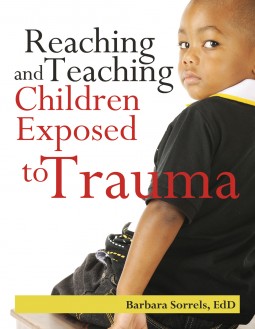
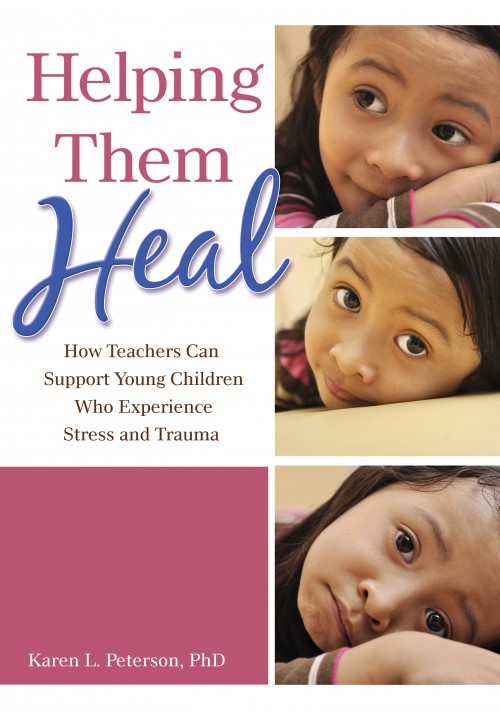
-3.jpg)
